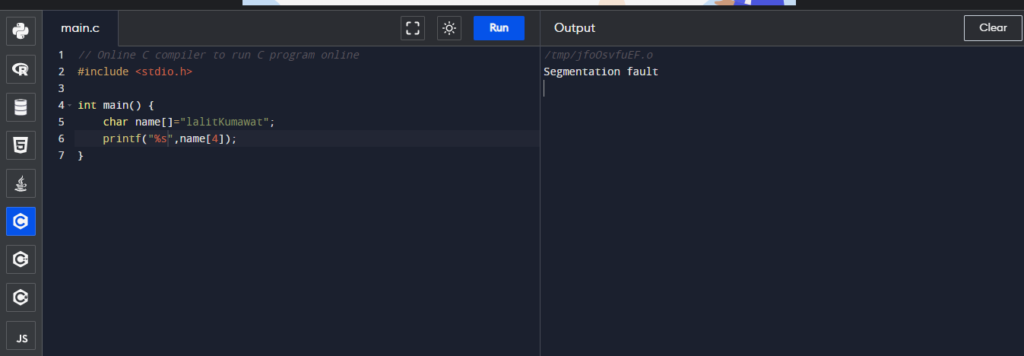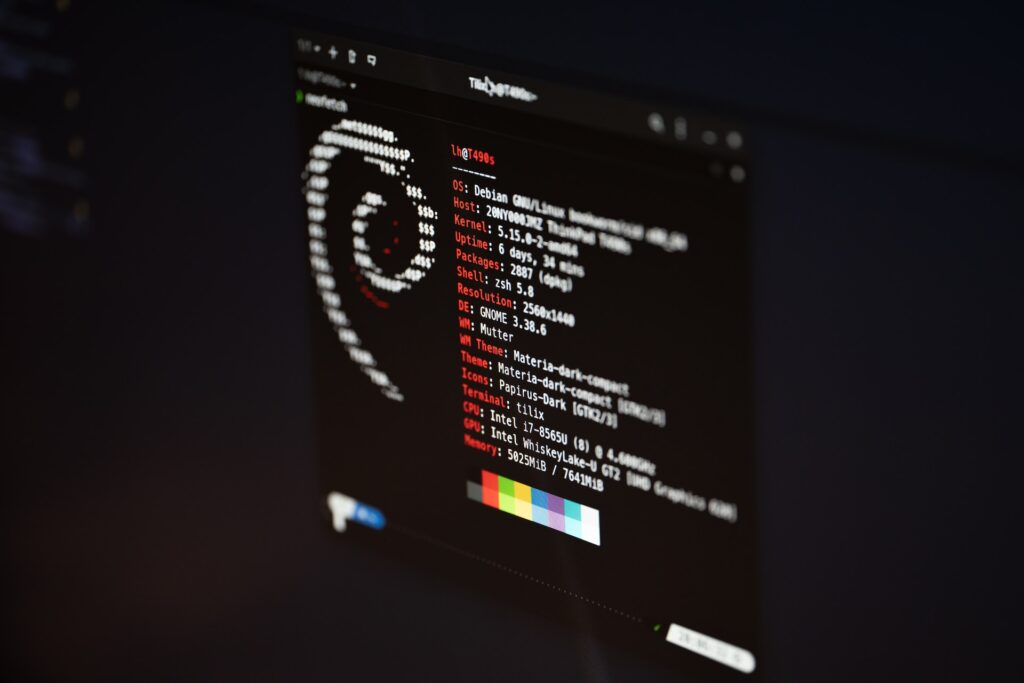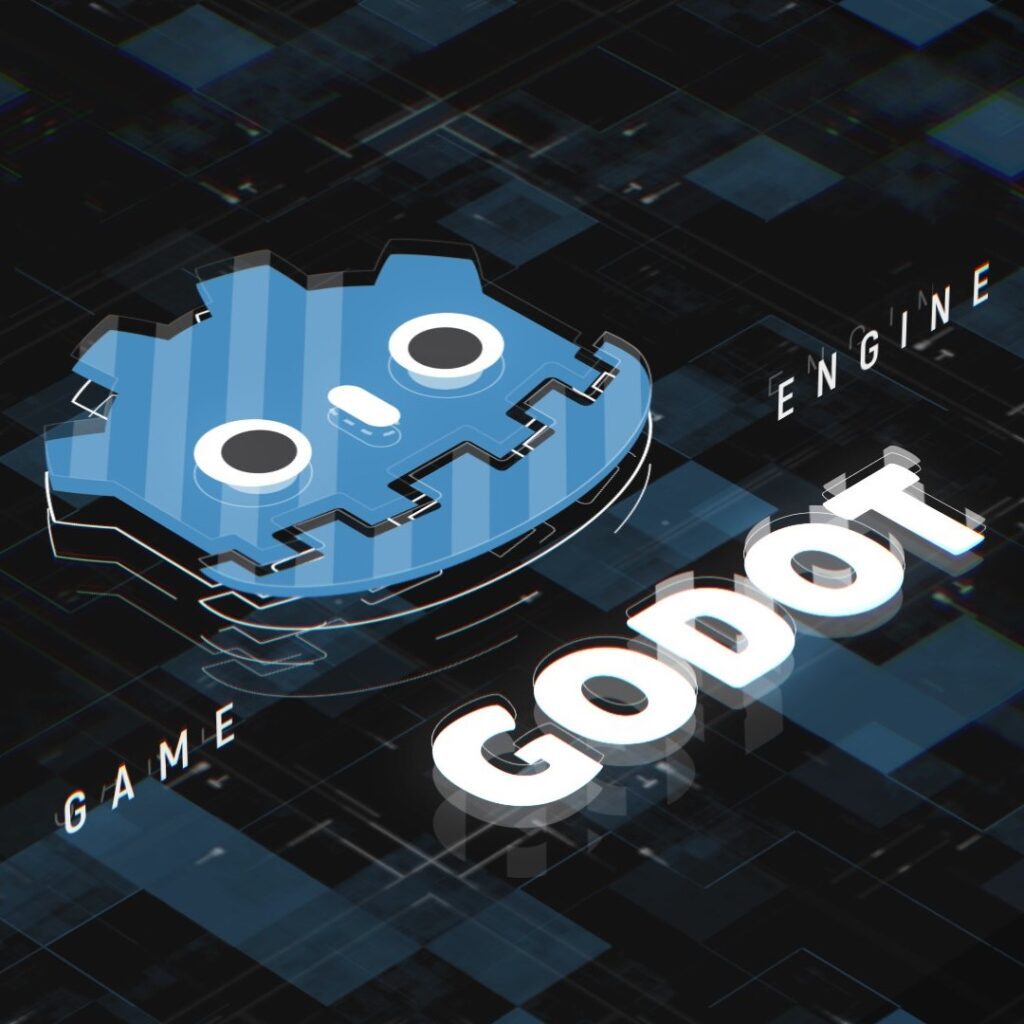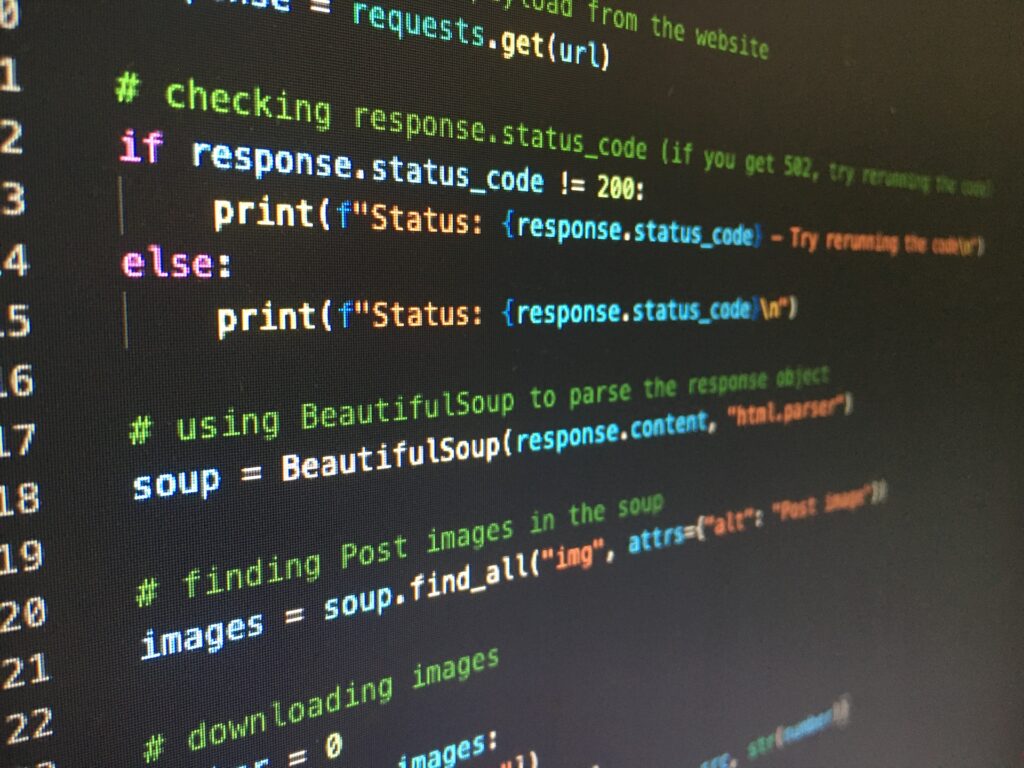If you ever wanted to break into the game development industry, you’ve probably heard about the importance of learning a programming language. Among many options, you might have stumbled upon the C programming language.
Created in the early 1970s, C has a rich history and is still taught extensively in colleges and programming courses today. We’ll delve into the reasons behind its enduring relevance in the coding world, especially considering the rise of higher-level languages in recent decades.
The gaming industry is always evolving, which means new technologies and tools are released every year. Given that C is over 50 years old, is it still worth learning in the 2020s?
Should I learn the C programming language if I want to be a game developer?

So, you’re dreaming of a career creating video games? That’s awesome! You’re probably wondering which programming language you should learn and stumbled upon this article.
Realistically speaking, you could learn other languages commonly used in game development, like C# or C++ (more on them later), and not be at any major disadvantage. In fact, many successful game developers never learned how to write code in C, as those languages offer similar benefits in terms of performance and control without the “simple complexity” of C.
However, a solid understanding of the C programming language can arm you with incredibly valuable skills.
Suppose you’re interested in learning how computer systems work, low-level programming, and all the goods coming with them. In that case, learning C will give you a better appreciation for memory management (something we take for granted when working with higher-level languages), pointers, and other lower-level concepts crucial for creating performant games.
While a deep knowledge of C is not mandatory for game development, knowing its intricacies will make you a better programmer. It gives you a broader perspective and a deeper understanding of the underlying principles of software/game development.

It’s like learning the fundamentals of music theory before learning to play an instrument – it provides a strong foundation and can make learning other languages easier – but it is by no means necessary.
If you learn mostly by doing, then studying the fundamentals in a more traditional game development language will do more for you than learning C. Likewise, if you’re interested in working closer to the machine itself and writing extremely performant code, then C isn’t bad, though C++ is a better choice.
Key advantages and disadvantages of the C programming language
One major benefit is C’s performance and efficiency. It’s a low-level language, so it lets you manipulate hardware and memory directly. This gives you fine-grained control over how your games run, resulting in highly optimized performance essential for creating smooth and responsive gameplay.
Combined with its flexibility and control, C makes it ideal for system-level programming, where developers work directly with hardware to optimize resource utilization, manage memory efficiently, and control peripherals. As some games try to suck every possible bit of performance out of a computer, this could be the difference between a choppy and a smooth experience.

However, this power comes with a cost: C has a steeper learning curve compared to other higher-level languages.
Its syntax is quite simple and easy to learn at a basic level, but this simplicity is a double-edged sword – you will have to code many things from scratch using the most fundamental blocks of programming. Also, manual memory management, unlike garbage-collected languages, requires more time and attention, leading to potential errors and increased development time.
This makes C a not-so-good choice for inexperienced programmers, and most developers tend to use a higher-level language for their initial projects. Therefore, depending on your learning goals, studying C right away might be a mistake.
A significant advantage is C’s portability, though. Code written in C can often be easily adapted to run on different platforms and hardware, making it suitable for developing games across various systems, from PCs and consoles to mobile devices and embedded systems. This is due to the standard C library, which provides a set of functions usually supported across different platforms.
However, debugging and error handling in C can be significantly more challenging than in higher-level languages, due to the manual memory management, which can increase development time.

Is C still used in game development?
It’s rare to find games built entirely in C today as higher-level languages offer faster development times and more developer-friendly features. That said, the C programming language still has a niche in game development!
You’ll frequently stumble upon it when interfacing directly with networking, graphics, or hardware APIs (Application Programming Interfaces). For reference, APIs are essential tools that allow software to communicate with hardware components of a computer or game console, like a mouse, controller, or keyboard. Game programmers must often use C (or a C-like language) to access and control them.
Similarly, C is an essential language in the development of game engines. Many popular engines, such as Unreal Engine and Godot, are built partly in C. As these software require a high level of performance and efficiency, C and C++ are the premier languages.

Finally, many legacy codebases, like those from earlier eras of gaming, were written entirely in C. While these older games are less likely to be updated or modified extensively, maintaining and making minor updates to these codebases require familiarity with C.
So, while not as dominant as it once was, the C programming language still holds a niche in game development, especially for low-level optimization, hardware interfacing, and specialized tasks!
What should I do, then?
If C feels out of line relative to your professional goals, fear not, as there are many powerful languages to choose from! Let’s look at some popular choices among developers:
- C++ is a powerful and versatile language used by many AAA studios and is the main language behind Unreal Engine. It offers low-level control for performance-critical games, has a massive community and extensive support, and can run C code as well. However, it does have a steeper learning curve;
- C# (C-Sharp) is a more approachable language but is still performant and widely used for game development, particularly with the Unity and Godot game engines. It offers a great balance between performance and developer-friendliness, making it a premier choice for beginners;
- Java and Kotlin are strong contenders, too. Popular in enterprise and mobile development, their strength lies in cross-platform capabilities, making them well-suited for games targeting multiple platforms. LibGDX is a popular framework for Java game development.
Beyond these mainstays, there’s Lua, often used for scripting and game customization, finding a home in Roblox’s so-called experiences; Python, with its readable syntax, is great for game prototyping and scripting, allowing developers to experiment with ideas and test mechanics quickly; and JavaScript, the usual choice for browser-based games along with HTML and CSS.

So – is learning the C programming language worthwhile for aspiring game developers?
As we’ve explored, while C still holds a niche in certain aspects of game development, particularly in low-level programming and engine development, it’s been largely superseded by higher-level languages that are more accessible and offer faster development times.
In the end, the best language for you will depend on your project, interests, and long-term goals. Each language offers unique capabilities, and choosing the right one is key to developing a great game.
Do you have an awesome idea, but lack the time or expertise to bring it to life?
We at Main Leaf understand the challenges of game development. Our team of expert developers and artists is passionate about helping you turn your ideas into a reality. Whether you need help with coding, design, testing, or anything in between, we’re here to support you. Let’s collaborate and create something truly remarkable!
Contact us today to explore how we can work together.

